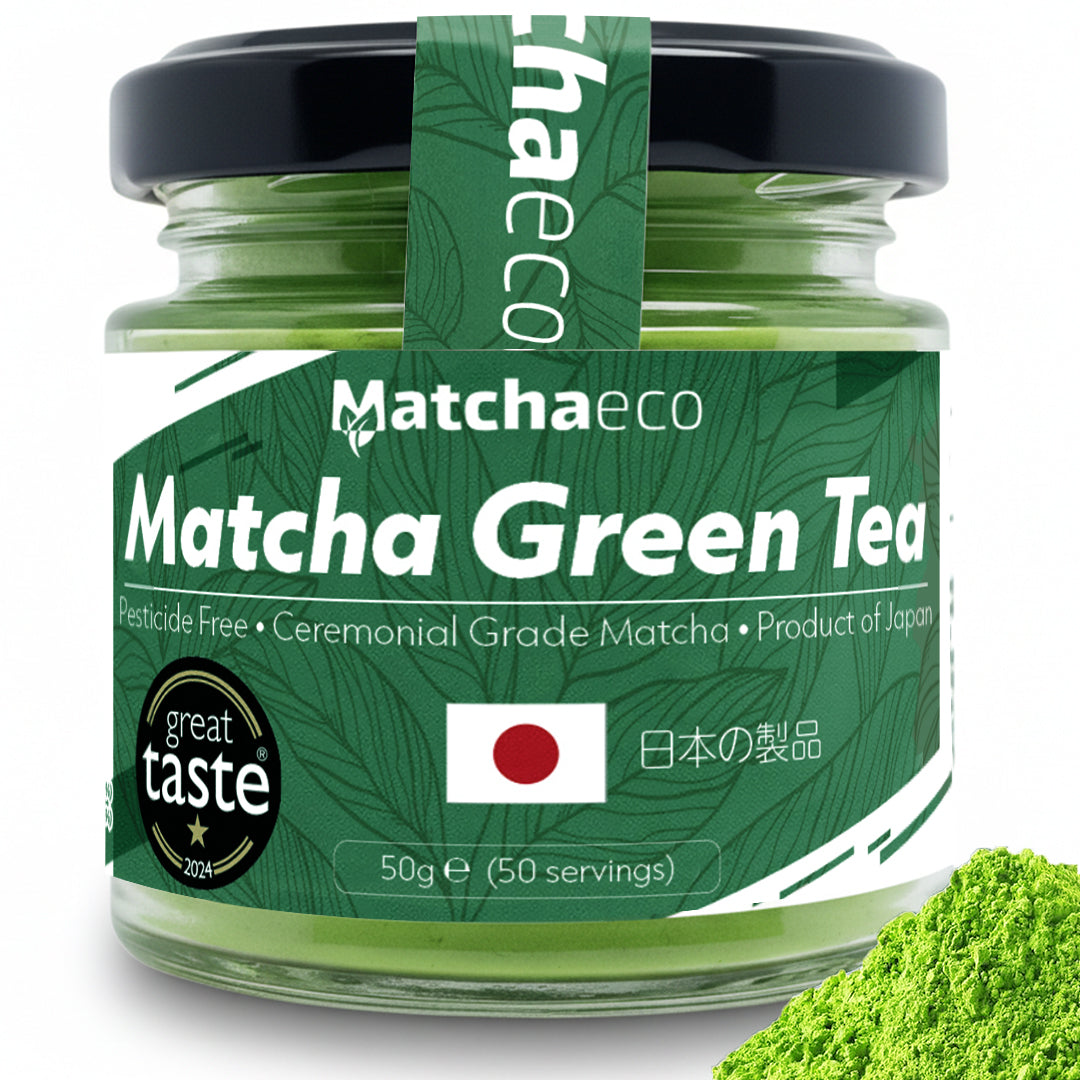Sipping Safely: The Importance of Heavy Metal Testing in Matcha
The vibrant green powder derived from shade-grown tea leaves, has captivated the world with its rich flavor and potential health benefits. However, as with any plant-based product, concerns about heavy metal contamination may arise. This is where heavy metal testing comes into play, ensuring that your matcha experience remains safe and enjoyable.
Why is Heavy Metal Testing Important for Matcha?
Tea plants are naturally efficient at absorbing minerals from the soil, including trace amounts of heavy metals like lead, arsenic, and cadmium. While these metals are typically present in minuscule quantities, their accumulation over time can pose health risks.
Regular heavy metal testing is crucial for matcha producers to guarantee the safety of their products. By identifying and addressing potential contamination sources, producers can safeguard consumer health and maintain the integrity of their brand.
How is Heavy Metal Testing Conducted?
Reputable matcha producers engage independent laboratories to conduct rigorous heavy metal testing. These laboratories employ sophisticated analytical techniques, such as inductively coupled plasma mass spectrometry (ICP-MS), to detect and quantify trace elements in matcha samples.
Testing results are compared against established safety standards, such as those set by the California Department of Public Health (CDPH) and the European Union (EU). These standards outline maximum allowable levels for various heavy metals, ensuring that matcha products remain within safe consumption limits.
What to Look for in Heavy Metal-Tested Matcha
When selecting matcha, seek brands that prioritize transparency and openly share their heavy metal testing results. Look for third-party lab certifications, such as those from reputable organizations like Eurofins or NSF International.
Additionally, consider purchasing matcha from reputable sources that prioritize sustainable farming practices. These practices typically involve using organic fertilizers and minimizing pesticide use, reducing the risk of heavy metal contamination from agricultural inputs.
Enjoying Matcha with Confidence
By choosing heavy metal-tested matcha from trusted sources, you can savor the vibrant flavor and potential health benefits of this remarkable tea with peace of mind. Remember, transparency and independent testing are key to ensuring the safety and quality of your matcha experience.
Our matcha has of course been heavy metal tested, we are all about transparency so the latest heavy metal testing data for our latest batch can be found in our policies section!

1 comment
“our latest batch can be found in our policies section!”
I cannot seem to locate the information on heavy metal testing – would you be able to send me a copy or send me a direct link this page?